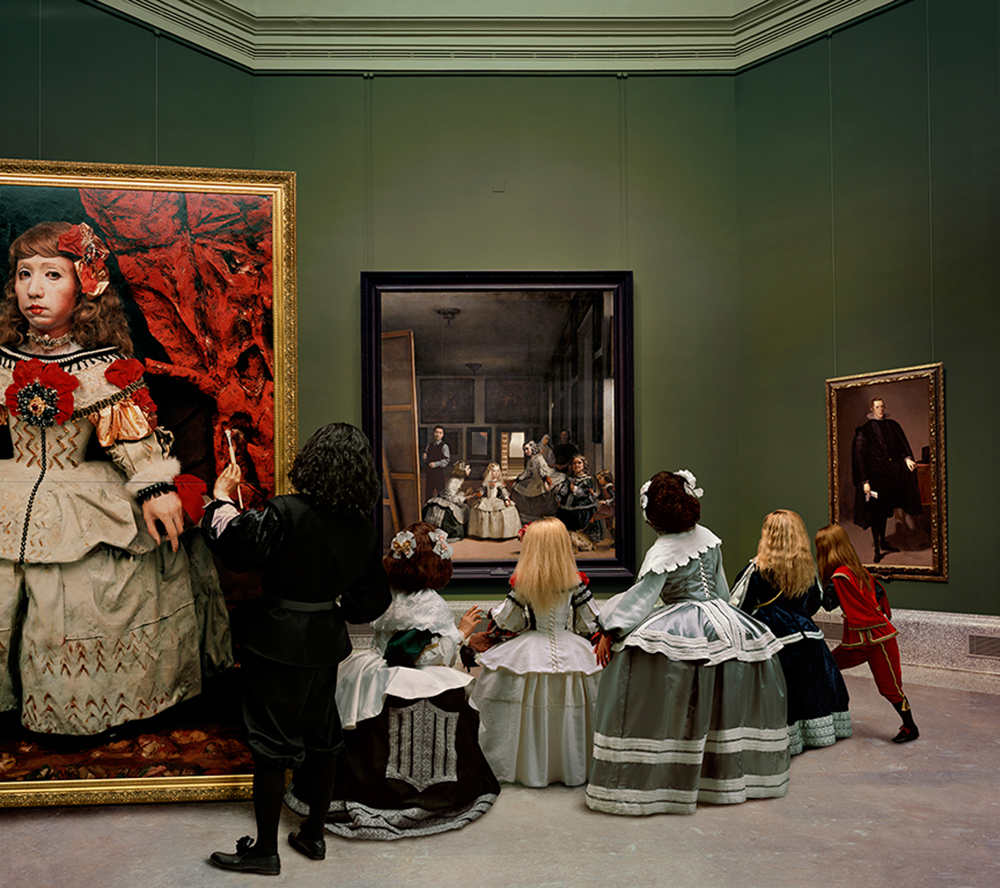Jacksprat
Banned
- Joined
- Aug 7, 2022
- Messages
- 7,471
- Reaction score
- 3,815
- Gender
- Male
- Political Leaning
- Other
Public discourse, policy-making, and deep institutional structure formation are much more disassociated from philosophical and humanities discourse in the United States than in Europe. Almost anywhere in Europe — in Italy, France, Germany, Scandinavia, you name it — philosophy is more deeply integrated into nitty-gritty institutional structures: you’re much more likely to meet a bureaucrat from a German ministry who wants you to talk as a philosopher than in Washington, DC. This is a very serious cultural difference.
:quality(75)/https%3A%2F%2Fassets.lareviewofbooks.org%2Fuploads%2F202210Composition-no.-61-scaled.jpg)
 lareviewofbooks.org
lareviewofbooks.org
Why a lot of Americans don't know what philosophy is.
:quality(75)/https%3A%2F%2Fassets.lareviewofbooks.org%2Fuploads%2F202210Composition-no.-61-scaled.jpg)
Sense and Nonsense in California: A Conversation with Markus Gabriel | Los Angeles Review of Books
Markus Gabriel speaks to Andrea Capra about his philosophy of a New Enlightenment.
Why a lot of Americans don't know what philosophy is.

